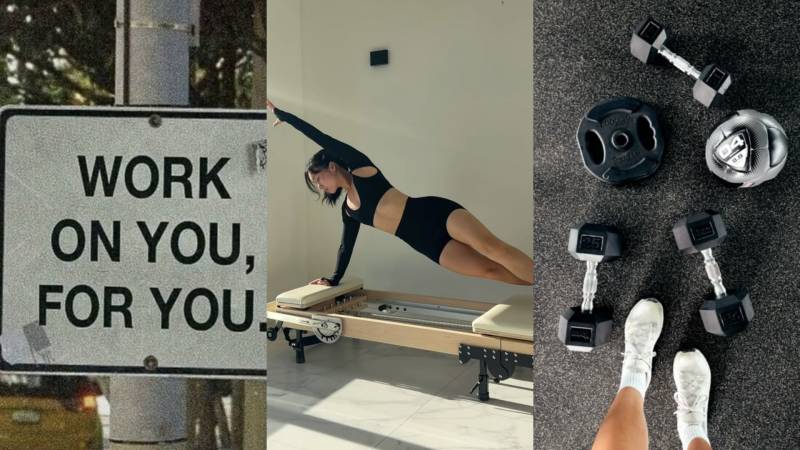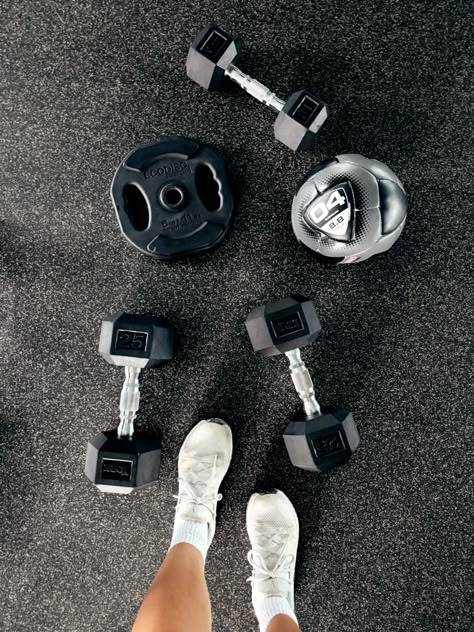Are Instagram Fitness Challenges Actually Making You Fitter, or Just Tired?

At this point, it’s nearly impossible to scroll through Instagram without seeing at least one fitness challenge promising to “transform your body in 30 days.” Whether it’s a squat challenge that claims to give you legs of steel or a plank challenge that somehow believes you can evolve into a human statue, these viral trends have taken over social media—one before-and-after post at a time.
But let’s be real: Do these challenges actually work, or are they just another reason for people to post gym selfies with motivational captions?

Why Do People Love Fitness Challenges?
First, let’s talk about the appeal. Instagram fitness challenges come with structure, hype, and just the right amount of social pressure. They usually run for a fixed period (anywhere between two weeks to a month), making them less intimidating than a lifelong commitment to fitness.
Then there’s the public accountability factor—because nothing says dedication like posting a progress picture with #Day1 #FitnessJourney #NoPainNoGain in the caption. Plus, watching influencers smile through what looks like physical torture convinces people that if they can do it, so can we (spoiler: they usually have trainers, filters, and better lighting).
And let’s not forget the ultimate Instagram dopamine hit—the validation from likes, comments, and DMs that say, "Wow, you’re glowing!" (even though it’s just post-workout sweat).

The Science of Whether They Actually Work
The good news? They’re not entirely useless. Short-term fitness challenges can help people develop workout consistency, and research suggests it takes about 21 days to form a habit—so committing to a challenge could get you started on a healthier path.

The not-so-good news? One-size-fits-all workouts rarely deliver the results they promise.
Here’s why:
• Spot reduction isn’t real – No, doing 200 crunches a day won’t magically melt belly fat, and 100 squats won’t automatically give you “peach emoji” glutes (we’re sorry).
• Muscle building takes time – If a challenge promises “toned arms in 14 days”, either they’ve discovered a secret the world doesn’t know, or it’s just another marketing gimmick.
• Rest days exist for a reason – Some challenges forget that muscles need recovery. Otherwise, you’ll just be sore, exhausted, and questioning your life choices.
Essentially, fitness challenges can be a great starting point, but if you want real progress, you need a well-rounded approach that includes strength training, proper nutrition, and the occasional reminder that abs are cool, but being able to walk up the stairs without gasping for air is cooler.
The Instagram Effect: Motivation or Madness?
Another reason these challenges thrive? They tap into the human need for social validation.
Posting your progress online creates a sense of accountability—because nothing is more motivating than the fear of your followers asking why you quit on Day 7. Studies show that public commitment increases adherence to fitness goals, which explains why people feel the need to document their workouts with the enthusiasm of a fitness influencer, even if they did just five push-ups.

But here’s where it gets tricky:
• Unrealistic expectations – Seeing flawless transformations in 30 days can make people feel like failures when their own progress doesn’t match up.
• Filter vs. reality – That influencer’s “sweaty post-workout selfie”? Probably taken under perfect lighting with some subtle photo editing.
• Overtraining culture – Social media glorifies pushing yourself to the limit, but exercising to the point of collapsing isn’t impressive—it’s a recipe for injuries.
So, Should You Join the Next Viral Challenge?
Absolutely—if you see it as a fun way to get moving, not a miracle solution to fitness.
But if your sole reason for joining is the promise of an Instagram-worthy transformation in a month, then prepare for some mild disappointment and sore muscles without the six-pack.
A better approach?
• Use challenges as a motivation boost, not a long-term fitness strategy.
• Mix them with proper strength training, balanced nutrition, and actual rest days.
• Remember that consistency beats intensity—and fitness isn’t just about looking good in “progress pics” but actually feeling good in real life.
So, the next time an Instagram challenge promises to “change your body in just 10 minutes a day,”ask yourself: Would you trust an ad that says “Get rich by working 10 minutes a day?”
Exactly.
